If you’re like many people, you’ve heard of a civil order of protection – but what is it, and what can you do if someone files one against you?
What is a Civil Order of Protection?
A civil order of protection is a court order designed to stop one person from harassing, contacting or abusing another. Generally, a civil order of protection prohibits someone from even going near another person.
What Can a Civil Order of Protection Cover?
A civil order of protection can:
- Entering your home
- Order you to give personal property to the alleged victim
- Order you to participate in counseling
- Order you to stay a certain distance away from the alleged victim
- Prevent you from damaging, destroying or selling personal property
- Prevent you from making threats or abusing the alleged victim
- Require you to appear in court
- Require you to turn in your weapons to law enforcement officials
- Stop you from accessing your kids’ school, medical and other records
- Stop you from visiting your kids or from taking them out of state
- Take away possession of your kids
An order of protection can include other requirements, too, based on what the judge in your case feels is necessary.
What Happens if You Violate an Order of Protection?
If you’re caught violating an order of protection, the police can arrest you and take you to jail. You’ll have to go before the judge and explain why you violated the order or argue your innocence. (Your domestic violence defense attorney can do this for you, though – you don’t have to go in alone.)
Violating the order is a crime. In fact, it’s a Class A misdemeanor, and the penalty can be up to a year in jail with a fine of up to $2,500. However, if you’ve been convicted of certain violent crimes in the past, violating a civil order of protection can be a Class 4 felony. (For that, you could go to prison for up to 3 years.)
What to Do if Someone Gets a Civil Order of Protection Against You
If someone gets a civil order of protection against you, get in touch with an attorney as soon as you can. You need to understand your rights and what you can do to have the order changed or lifted entirely.
Call us at 847-920-4540 right now for a free case review. We may be able to help you.


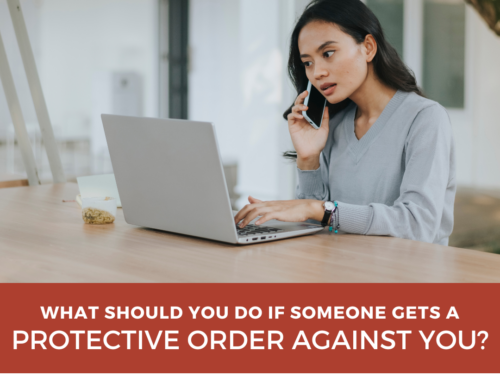
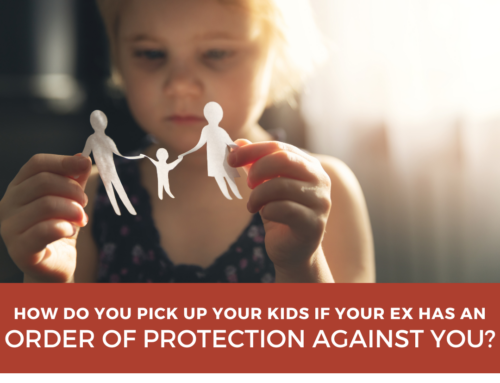
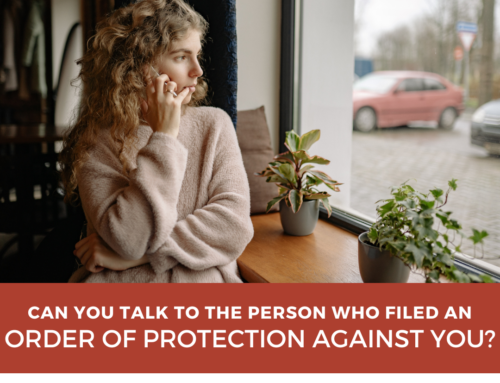
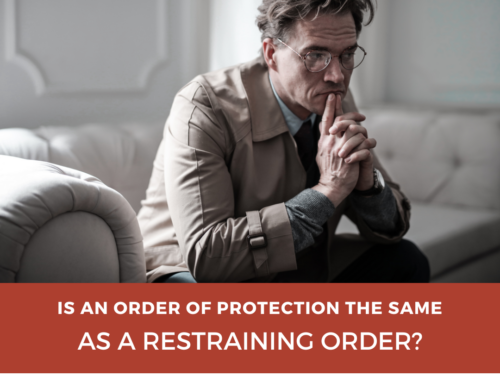
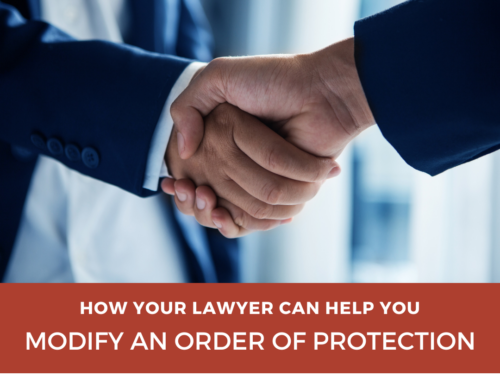
Leave A Comment
You must be logged in to post a comment.